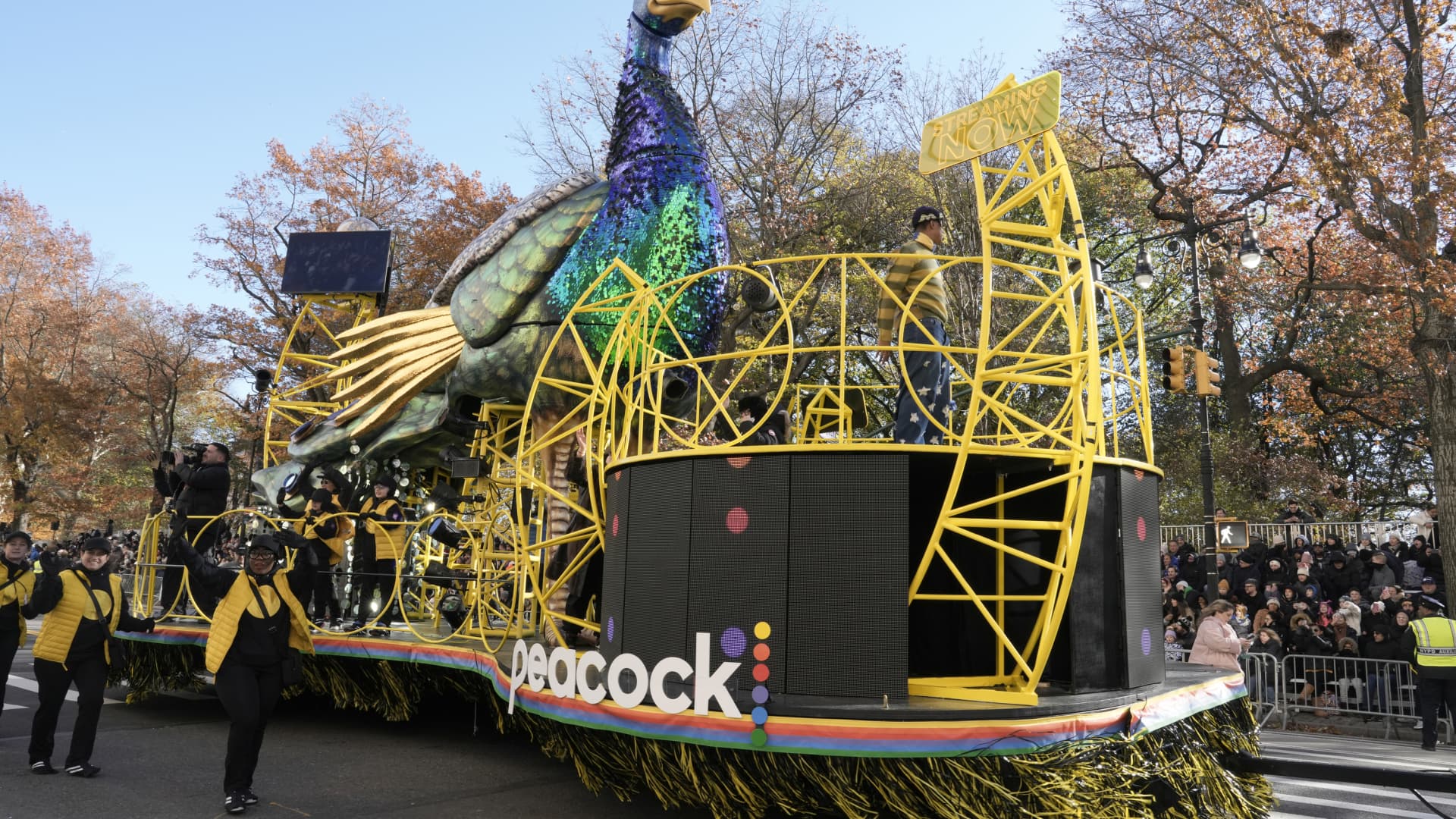When can American officials block citizens on social media?
DONALD TRUMP repeatedly tested the bounds of America’s Constitution during his four years in the White House. One of his misadventures—blocking critics from viewing or interacting with his posts on Twitter, the site since rebranded as X—led to a federal appeals-court ruling that his cold shoulder had violated the First Amendment. But before the Supreme Court could review that decision, Mr Trump lost the 2020 election and Knight Institute v Donald Trump became moot.
On October 31st two cases not involving the 45th president teed up the same question for the justices: when does an official’s use of a personal social-media account become “state action” and thus subject to constitutional limits? Three hours of debate revealed the difficulty of distinguishing between personal use of Facebook and posts that are, in the terms of a precedent from 1982, “fairly attributable to the state”.
In O’Connor-Ratcliff v Garnier, a couple from Poway, a town near San Diego, sued two trustees of the school board for blocking them on Facebook and Twitter. The Garniers, who sent their children to school in the district, had irked the trustees by writing long, repetitive comments on their virtual pages. But they claimed that since the officials’ platforms were a forum for community discussion about school-board activities, their freedom of speech was unfairly curtailed when the officials blocked them. In July 2022 a unanimous panel of the Ninth Circuit Court of Appeals agreed, finding that the trustees had “cloaked” their accounts “with the authority of the state”.
2023-11-01 15:14:10
Article from www.economist.com
rnrn












